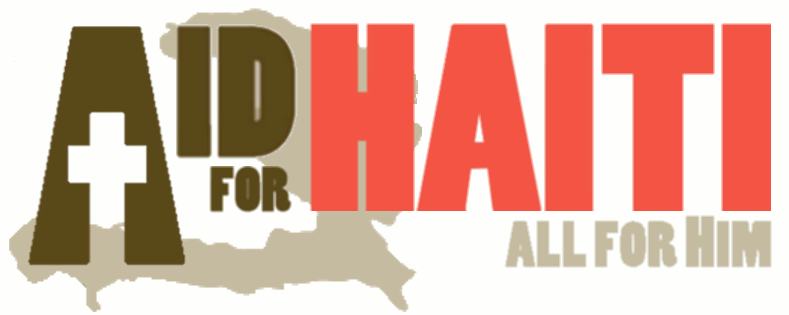Jonah’s Strategy
Checkered with cultural bias, deep set resentment, and shortsightedness the story of Jonah’s approach to the people of Nineveh stands as a firm reminder to us of the possibility of failure in missions today. What if Jonah would have been better prepared for his ministry? What if he had been more open to the possibility of God working through him to the people of Nineveh instead of refusing to properly minister to these people? How different would the scriptures have recorded the story? If we understand Jonah’s shortcomings, it provides the benchmark and highlights the need for an open heart and proper preparation.
A Beneficial Experience
Direct benefits encountered through short term missions with proper preparation:
Negative Possibilities
“Perhaps you have heard from those who have one on mission trips and returned home bitter about the money and time expended. Foreign logistics, bureaucracy, and time schedules frustrate some. Others complain about the role they were given on the trip or the lack of response from the nationals. Probably the worst scenario involves exposure to violence, illness, injustice or poverty. Most of these negative experiences can be prevented. Through adequate preparation, even challenging situations can become rewarding opportunities.”1
Preparation is the Heart of Success
How do we go about preparing ourselves?
1. Spiritual Preparation – Pray about all aspects of your trip. This is the most critical aspect of preparation. Pray that you will have the mind of Christ: a servant’s heart (Philipians 2:3,4)
2. Physical Preparation – Many trips can be very physically taxing. It is important to heed the encouragement found in 1st Timothy 4:8 and strive in exercise, nutrition, rest and ensuring a supply of any needed medication for the trip. See the following pages for physical recommendations
3. Mental Preparation – begin to develop a realistic expectation of what the trip will be like. Begin to understand what your role on the trip will be and what inconveniences you will encounter along the way.
4. Cultural Preparation – The more you know about the government, language, customs, taboos and history of Haiti, the better prepared you will be to understand all that is happening around you.
5. Team Preparation – Abandon a “me” orientation. nothing happens in Haiti or missions without a personal focus on what is best for the team.
6. Logistics – Ensure you have all passports, visas, and immunizations that you will need in Haiti.
7. Reentry Preparation – Many have a more difficult time returning home then leaving for mission trips. The poverty and needs of Haiti open our eyes to the lavishes of daily life in the US. When returning home you may not be met with receptive ears when wanting to talk about your experiences. Try to maintain connections to team members to help process what you have learned. Feel free to contact anyone within AFH with any concerns you have once returning home.
1. Foster, David: Preparing Yourself and Your Family for Missions. Global Medical Missions, Winepress Publishing, 2007

Published by